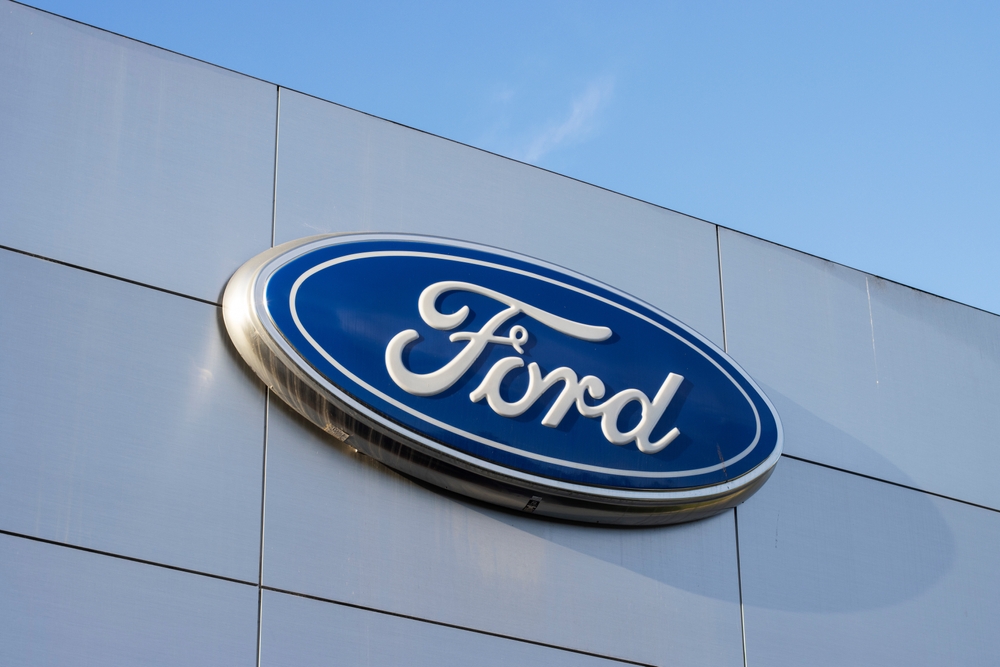They have launched Ford University, a digital training platform.
Others are reading now
Ford has made a bold statement regarding the challenges of electric vehicle (EV) adoption.
Misconceptions by Potential Buyers
Marin Gjaja, the director of operations for Ford’s electric vehicle division, Model e, claims that the primary obstacle isn’t the vehicles themselves but the misconceptions held by potential buyers.
Gjaja asserts that consumers often misunderstand the benefits of EVs, leading to skepticism about their viability. Ford anticipates losses between $5 billion and $5.5 billion in 2024 for its electric division, underlining the urgency of addressing these perceptions.
Many potential buyers remain tied to outdated beliefs about electric vehicles, fearing a loss of convenience compared to traditional cars. Common concerns include range anxiety, upfront costs, and the availability of charging stations, according to Motor.
Also read
However, Gjaja emphasizes that these worries are often unfounded. For instance, EVs can be charged at home, which eliminates the need for frequent trips to gas stations and ensures drivers start their day with a full battery.
Launches Digital Training Platform
Models like the Ford F-150 Lightning offer unique features, such as the ability to serve as a portable generator, making them invaluable during emergencies or outdoor activities.
To combat misconceptions, Ford has launched Ford University, a digital training platform that employs artificial intelligence to educate both employees and customers about the advantages of electric mobility.
Gjaja explains that it’s not enough to address the economic concerns of EV ownership; changing consumer behavior is crucial as buyers often weigh perceived losses, like range, more heavily than potential gains, such as maintenance savings.
Despite these initiatives, the pace of electric vehicle adoption has been slower than expected. While sales of Ford’s electric models have surged by 58% this year, the company has opted to delay new model launches and scale back investments in specialized EV dealerships to align with market realities.


